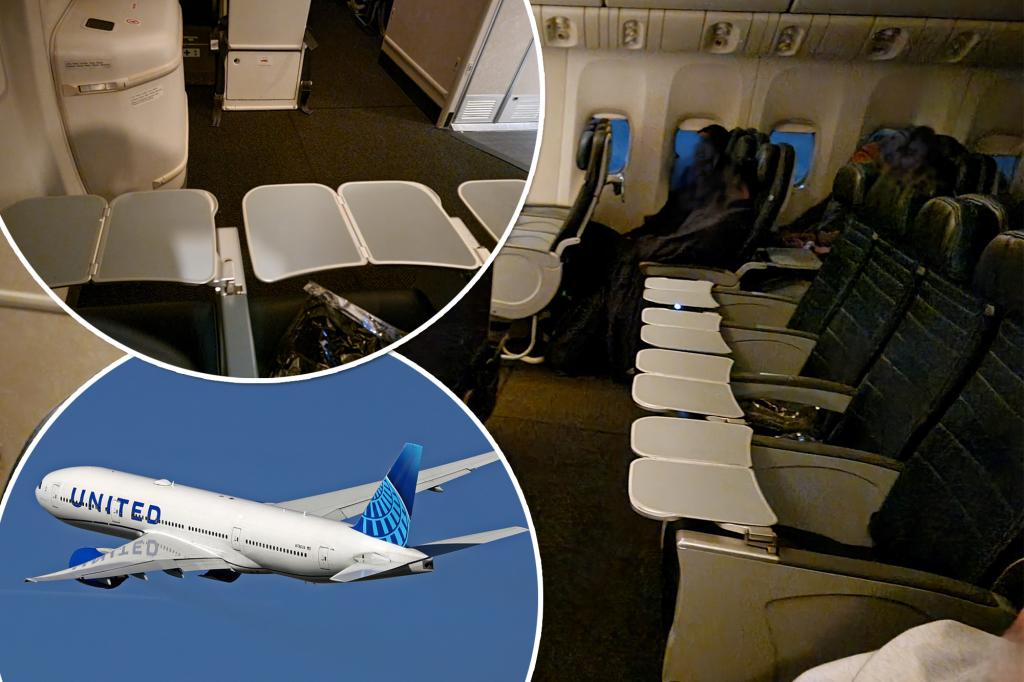Passengers on a recent United Airlines flight from Honolulu to Los Angeles were disappointed when they were not allowed to move to empty seats after the cabin doors were closed. Despite multiple available seats, passengers were denied permission to spread out and move to the empty spaces. When one person asked a flight attendant if they could switch seats, they were informed that there would be a $180 surcharge per person to do so. This led to frustration among passengers who were hoping for a more comfortable flight experience.
In the past, it was common practice for passengers to be able to move to empty seats after the cabin doors were closed. However, different airlines now seem to have varying policies regarding this practice. United Airlines has argued that it is not fair for passengers to move to premium seats like Economy Plus without paying the extra charge, as other customers have paid for that extra space. The airline cited the analogy that purchasing a Toyota does not entitle someone to a Lexus that is empty, as an explanation for their policy. This has led to a debate among passengers and airline officials regarding the fairness and justification of these policies.
Social media reactions to the incident were mixed, with some users supporting United Airlines’ policy and agreeing that it is not fair for passengers to self-upgrade to premium seats without paying for them. Others criticized the airline’s decision, questioning why there would be an issue with moving to empty seats that were not being used and arguing that being decent to customers should come at no extra cost. Some users went as far as speculating about potential future charges for basic amenities like using the restroom or breathing the cabin air. The incident sparked a broader discussion about customer service practices in the airline industry.
The situation on the United Airlines flight highlights the ongoing debate over passenger comfort and airline policies regarding seat assignments. While some passengers believe that moving to empty seats should be allowed after boarding is complete, airlines like United defend their policies by pointing out that premium seats come at an additional cost and should not be available for self-upgrade. The incident also brings attention to the importance of clear communication between airlines and passengers regarding seating policies and the expectations for in-flight experiences. As airlines continue to navigate the challenges of the post-pandemic travel industry, these issues are likely to remain a topic of discussion among passengers and industry professionals.
Overall, the incident on the United Airlines flight sheds light on the complexities of airline policies regarding seat assignments and passenger comfort. While some passengers were disappointed by the lack of flexibility in moving to empty seats, others supported the airline’s decision to uphold premium seating policies. The incident serves as a reminder of the ongoing tension between airlines and passengers over issues of fairness, transparency, and customer service. As the travel industry continues to evolve, finding a balance between profitability and customer satisfaction remains a challenge for airlines like United as they work to navigate the changing landscape of air travel. Ultimately, engaging in open dialogue and collaboration between airlines and passengers may help to address these concerns and improve the overall travel experience for all parties involved.


